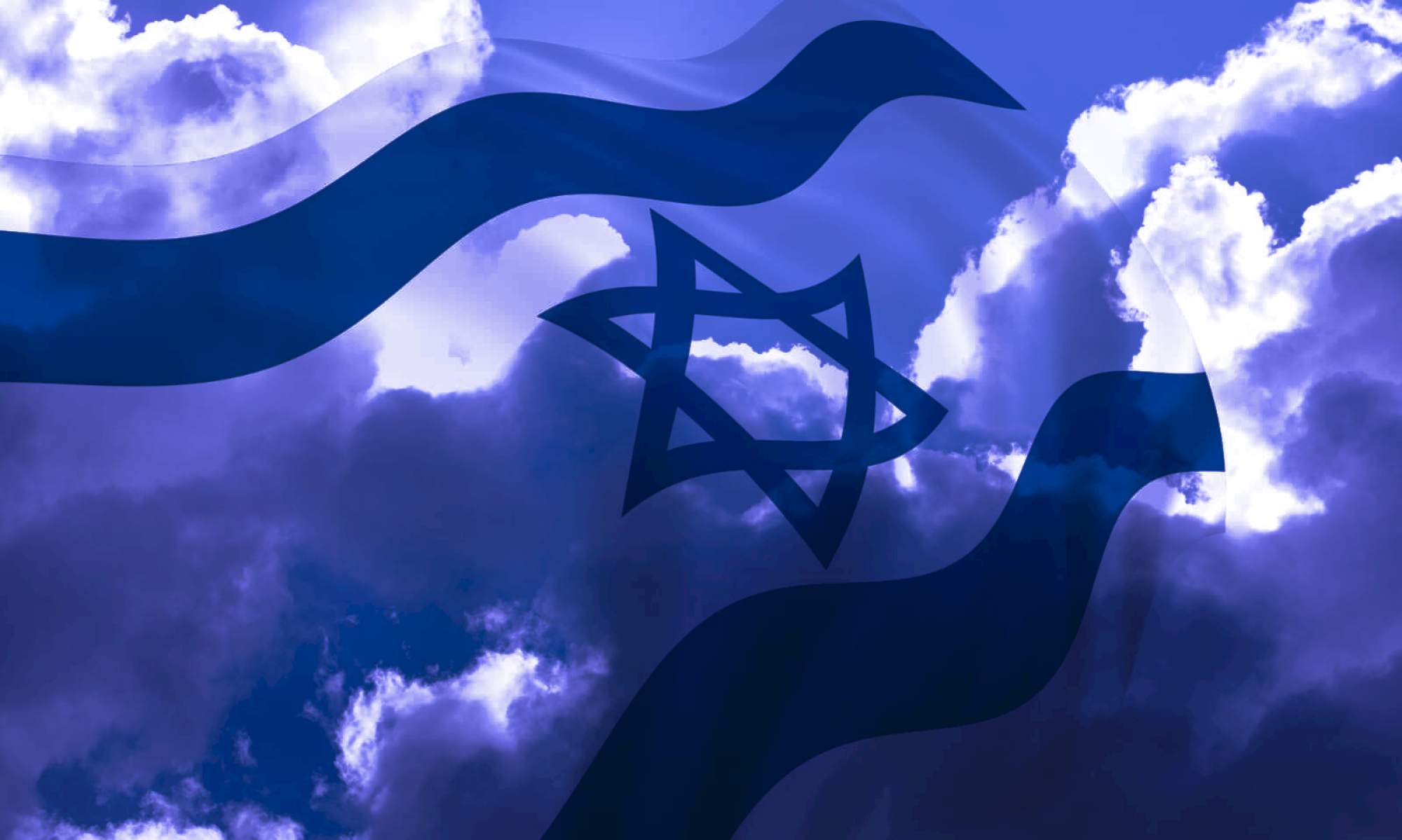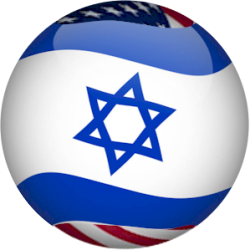
US President Donald Trump announced on Tuesday that he plans to normalize relations with the new Syrian government and lift sanctions against the country, to give Syria “a chance for peace”
He will meet on Wednesday in Saudi Arabia with Syrian President Ahmad al-Sharaa, who led the overthrow of former leader Bashar al-Assad last year.
Trump said the initiative for rapprochement with Syria came at the suggestion of Saudi Crown Prince Mohammed bin Salman and Turkish President Recep Tayyip Erdogan.
“There is a new administration that I hope will be successful,” Trump said, wishing Syria “good luck” and asking the country to show “something special”.
Syrian Foreign Minister Asaad al-Shaibani said Trump’s decision to lift sanctions was a “watershed moment” for the Syrian people, who are seeking stability and reconstruction after years of devastating war.
This will be the first time a Syrian president has met with a US president since 2000, when Bashar’s father Hafez al-Assad met with Bill Clinton.
Ahmad al-Sharaa, who was previously imprisoned in Iraq for his role in an insurgency following the 2003 US-led invasion, assumed the presidency of Syria in January after his organization, Hayat Tahrir al-Sham (HTS), seized the capital Damascus, ending the 54-year rule of the Assad family.
According to The Times of London, security sources indicate that Sharaa may propose negotiations during the meeting to normalize relations with Israel, within the framework of the Abraham Accords.
A US security source confirmed that there is a possibility that Syria could join such agreements, with the UAE acting as a mediator.
Sharaa has previously said that Abu Dhabi is brokering talks between Syria and Israel, focused on security and confidence-building issues, as the two countries do not have official relations.
The same source said that the US and Gulf countries want to distance Syria from the influence of Iran, which supported the Assad regime during the civil war and is an enemy of Israel.
Gulf leaders support the new Syrian government and hope that Trump will do the same, seeing him as a barrier against the return of Iranian influence.
The Biden administration has left the decision on how to deal with Sharaa to Trump, whose government has not yet officially recognized the new Syrian government.
The White House said that Trump agreed to “say hello” to the Syrian president during his visit to Saudi Arabia.
Trump’s position contrasts with that of Israel, which is wary of Sharaa’s extremist past and recommends caution in recognizing the new government.
Sharaa, formerly known as Abu Mohammed al-Golani, fought against U.S. forces in Iraq after the 2003 invasion and was linked to al-Qaeda.
He is still wanted in Iraq on terrorism charges, and the U.S. has offered $10 million for information about him.
In 2011, Sharaa returned to Syria, where he led the al-Qaeda-linked Nusra Front before renaming his group HTS and cutting ties with the terrorist organization.
Relations between Syria and the U.S. have been tense since the Cold War, when Damascus was allied with the Soviet Union and later Iran.
London-based Syria analyst Ibrahim Hamidi said the meeting between Trump and Sharaa marked a “strategic shift” in Syria, with Iran losing influence and Russia, which once supported Assad and now shelters him, weakened.
“The Syrian-American meetings in Riyadh open the door to discuss differences in a climate of dialogue,” said Hamidi, editor of the Arabic magazine Al Majalla.
“This is important.”
Published in 05/13/2025 22h42
Text adapted by AI (Grok) and translated via Google API in the English version. Images from public image libraries or credits in the caption.
Reference article:
| Geoprocessing Drone Systems HPC |

| ERP and CRM Systems Mobile Systems AI |


